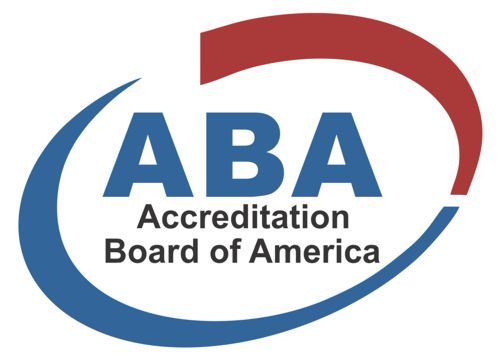In today’s dynamic and highly competitive business landscape, success hinges not only on innovation and marketing but also on the quality of products and services. Quality Assurance (QA) plays a pivotal role in ensuring that businesses meet and exceed customer expectations, adhere to regulatory standards, and maintain a strong reputation. Let’s delve into the essential role of Quality Assurance in driving business success and why it should be a core focus for any organization.
Understanding Quality Assurance
Quality Assurance is a systematic process designed to determine whether a product or service meets specified requirements. It involves the entire lifecycle of a product, from design and development to production, delivery, and support. Unlike Quality Control, which focuses on identifying defects in finished products, QA is proactive, emphasizing the prevention of defects and the continuous improvement of processes.
Key Benefits of Quality Assurance
#1. Enhancing Customer Satisfaction
Customer satisfaction is the cornerstone of business success. QA ensures that products and services are reliable, meet customer needs, and are free from defects. By delivering consistent quality, businesses can build trust and loyalty among customers, leading to repeat business and positive word-of-mouth referrals.
#2. Reducing Costs and Waste
Implementing robust QA processes helps identify and address potential issues early in the production process, reducing the likelihood of defects and rework. This not only lowers the costs associated with waste and rework but also improves overall efficiency. By minimizing errors and streamlining operations, businesses can significantly enhance their bottom line.
#3. Ensuring Compliance with Standards and Regulations
Compliance with industry standards and regulatory requirements is non-negotiable in many sectors, such as healthcare, aerospace, and food production. QA systems help businesses adhere to these stringent regulations, avoiding costly penalties and legal issues. Regular audits and documentation ensure that quality standards are consistently met and maintained.
#4. Building a Strong Brand Reputation
A strong reputation for quality can be a significant competitive advantage. Companies known for their commitment to quality are more likely to attract and retain customers, investors, and top talent. QA contributes to building this reputation by ensuring that every product and service upholds the highest standards of excellence.
#5. Facilitating Continuous Improvement
Quality Assurance is not a one-time effort but a continuous process. It encourages a culture of continuous improvement, where feedback is regularly sought and used to enhance processes and products. This iterative approach helps businesses stay ahead of the curve, adapting to changing market demands and technological advancements.
Implementing Effective Quality Assurance Practices
To reap the benefits of QA, businesses must implement effective QA practices. Here are some key strategies:
1. Develop Clear Quality Standards: Establish clear, measurable quality standards based on customer requirements and regulatory guidelines. These standards should be communicated across the organization.
2. Invest in Training: Ensure that all employees are trained in quality assurance principles and understand their role in maintaining quality. Continuous education and training are essential for keeping up with industry best practices.
3. Use Quality Management Systems: Implement robust Quality Management Systems (QMS) that provide tools for tracking, managing, and reporting quality metrics. QMS software can automate many QA processes, improving accuracy and efficiency.
4. Conduct Regular Audits: Regular internal and external audits help identify areas for improvement and ensure compliance with quality standards. Audits provide valuable insights into process effectiveness and areas that need attention.
5. Encourage Feedback and Collaboration: Foster a culture where feedback is encouraged and valued. Cross-functional collaboration can lead to innovative solutions and improvements in quality processes.
Real-World Impact: Success Stories
Many leading companies attribute their success to a strong focus on Quality Assurance. For instance, Toyota’s commitment to QA through its renowned Toyota Production System has made it a global leader in the automotive industry. Similarly, pharmaceutical companies like Pfizer prioritize QA to ensure the safety and efficacy of their products, building trust with consumers and regulators alike.
Quality Assurance is a critical component of business success. By ensuring that products and services meet the highest standards, QA enhances customer satisfaction, reduces costs, ensures compliance, builds a strong reputation, and fosters continuous improvement. As businesses navigate the complexities of the modern marketplace, a steadfast commitment to Quality Assurance can provide a significant competitive edge.
Embrace Quality Assurance as a fundamental aspect of your business strategy, and watch as it drives your organization toward greater success and sustainability.

